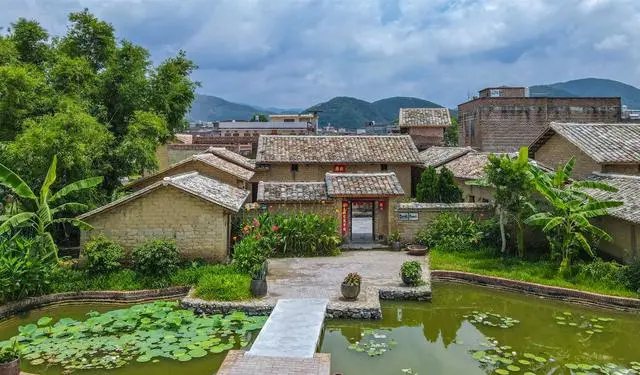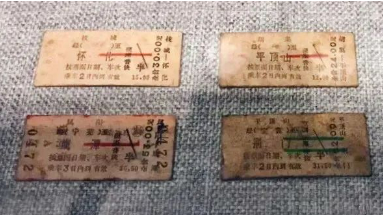Ancient irrigation, flood control system unearthed in central China
WUHAN, Feb. 23 (Xinhua) -- A 5,000-year-old city in central China was found to have a water conservancy system that effectively utilized rivers for irrigation and prevented flooding with the use of dams, archaeologists have said.
The system of dams, a moat and irrigation facilities was discovered at the site of Shijiahe, the ruins of a prehistoric city in Hubei Province.
The 300-hectare city in central China was surrounded by a moat formed from rivers that once passed through or bypassed the city, said Fang Qin, head of Hubei provincial institute of cultural relics and archaeology.
A new round of excavation, which began last year during a severe drought that dried up local rivers and ditches, uncovered two dams in the ancient river-moat system. These dams were likely built to reduce floods and store water for the city's residents and farmers, Fang said.
One dam had a "Y"-shaped drainage system, consisting of two outfalls. It is speculated that the main outfall could quickly discharge water in times of heavy rain or flood, while the smaller drain facilitated daily drainage that ensured sufficient water was available for downstream use, such as irrigating rice paddies.
"It suggests that the people of Shijiahe had very advanced ideas on water conservancy and were adept at using rivers to support their production and lives," said Fang.
Archaeologists believe that Shijiahe is among the largest and most enduring prehistoric cities in the middle reaches of the Yangtze River. The site has seen the excavation of large sacrificial sites, a large number of exquisite jade articles and mass produced red pottery cups.
Photos
Related Stories
- China unveils 6 most remarkable archaeological finds of 2022
- Chinese archaeologists find large building ruins in ancient imperial city
- 3,000-year-old milk residue found at ancient site on Tibetan Plateau
- Archaeologists report new finds at kiln site in northwest China
- 3,000-year-old settlement site found in SW China
- China unearths archaeological evidence of humans' transition to settled life
- Ancient ruins discovered in south China's Guangzhou
- Tang Dynasty artifacts, ruins excavated in south China
- Archaeologists uncover branches at relic site in central China's Henan
- House remains dating back around 6,000 yrs found in central China
Copyright © 2023 People's Daily Online. All Rights Reserved.









